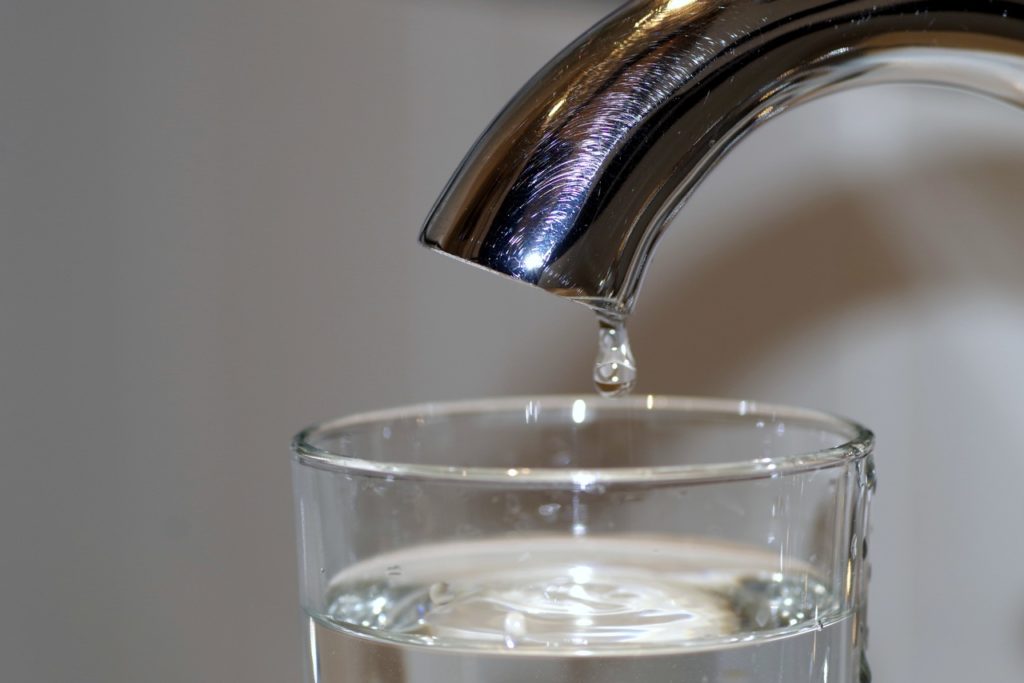Farmers have been warning it would happen for some time, now the water shortage in all of Flanders has reached the back gardens of Overijse, Tervuren and 12 other communes in Flemish Brabant surrounding Brussels.
Earlier in the week the region’s five provinces introduced a ban on farmers pumping water out of water courses to irrigate their fields, because the water table was so low. The ban was not unprecedented, but it did come unusually early in the year.
The environmental organisation Greenpeace sounded the alarm.
“For the fourth consecutive year, Flanders is facing a severe drought. We are heading towards a water shortage,” said Matteo De Vos, expert in ecological agriculture at Greenpeace Belgium. “Will this shortage of water finally make our politicians understand that we are not taking global warming, the main cause of the increase in heat and drought, seriously? We hope so.”
“We are in the middle of a climate change evolution, the chance of dry summers is increasing and we need to take steps,” said Patrick Meire, a lecturer in ecosystem management at the university of Antwerp. “That’s not to say that we will experience a dry summer every year. We may have a wet summer next year.”
That unpredictability points to the need for prevention rather than remediation. Since there is no way of telling when more water will come, it is essential to preserve the stocks of water we have, he explained.
“You never know exactly what will happen, there must be an element of caution in the policy," said Meire. "No one can predict when exactly it will rain, it may be that the problem will solve itself, but it can also become a very big problem.”
The moment came sooner than anyone expected. In the communes of Flemish Brabant, some consumers could barely get running water out of their taps, despite a plea from the provincial governor for people to use water sparingly.
"We have seen extremely high water consumption, which has ultimately led to water problems," said a spokesperson for De Watergroep, which supplies water to the province.
“For some residents, there’s no longer water coming out of the tap,” said Overijse mayor Inge Lenseclaes. “And the problem is not only in the centre of Overijse, they also have water problems in Jesus-Eik and in some places in Hoeilaart and Tervuren.”
Elsewhere in the province, residents in Kortenberg, Kampenhout, Steenokkerzeel, Vilvoorde, Zemst, Grimbergen, Meise, Kapelle-op-den-Bos, Londerzeel, Merchtem and Opwijk have been asked to use as little tap water as possible. These communes are supplied by the Meerbeek reservoir in Kortenberg, which in turn is being filled from other sources.
“It is not certain that the problems will be over today,” De Watergroep said. “We have tried to replenish the water supplies, but we’re not at normal capacity. So the message remains: continue to use water sparingly, and certainly don’t go spraying the garden now or filling swimming pools. This is the only way to ensure that everyone still gets water from the tap.”
Alan Hope
The Brussels Times

